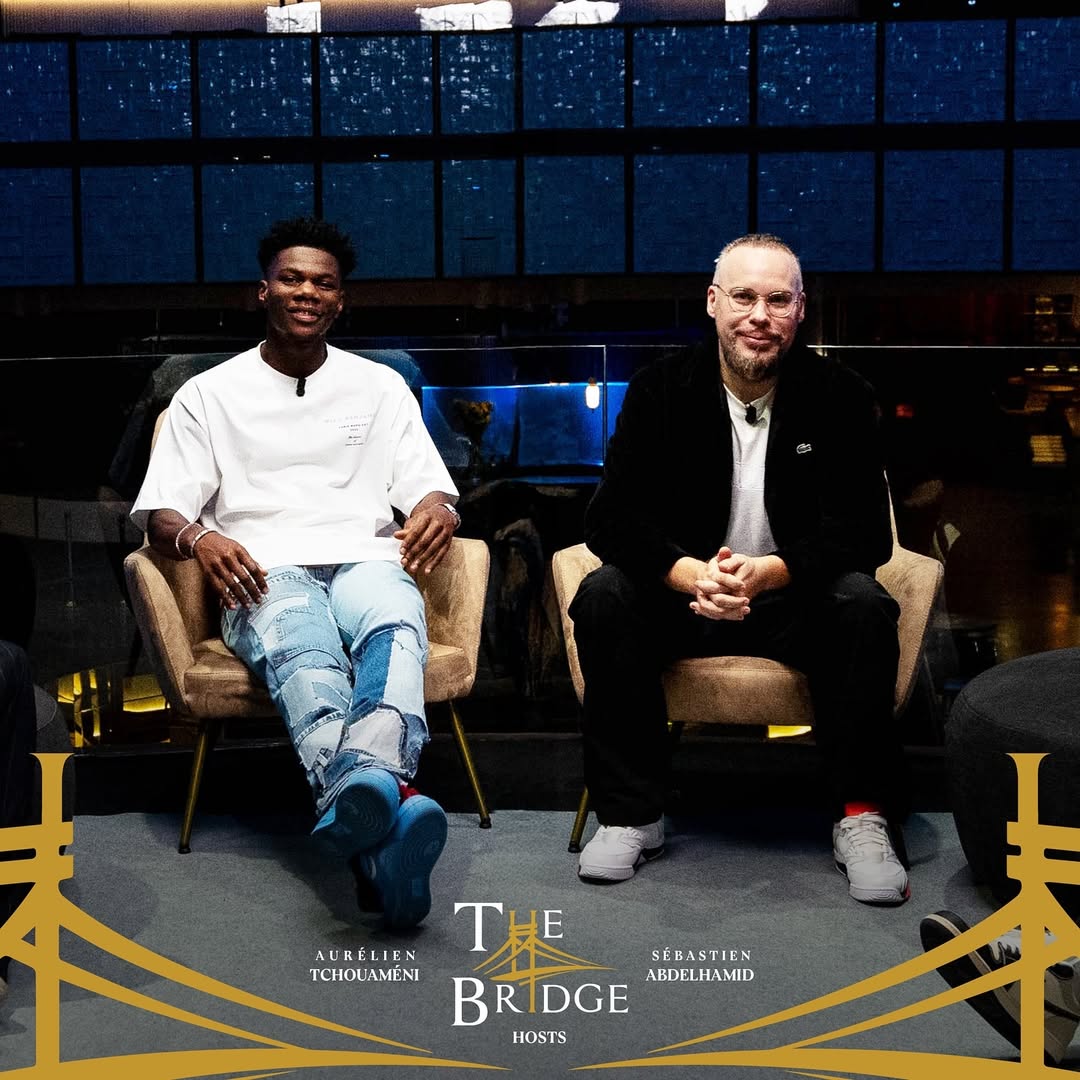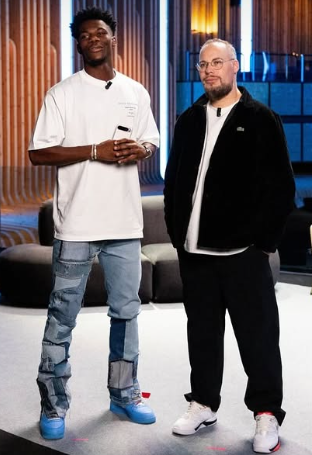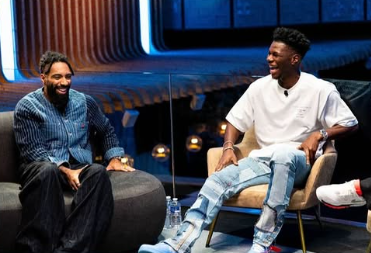The perception of French football players benefits Aurélien Tchouaméni.
In a series of reflections and declarations, Aurélien Tchouaméni explores the many lives of football players and questions French views of the round ball.
The fifth edition of Aurélien Tchouaméni’s podcast, The Bridge, was released on December 23 and explored a subject that goes beyond pitch: Perceptions of football players
Aurélien Tchouaméni, a midfielder for the Blues and Real Madrid, where he also serves as a central defense, opened out about his dealings with the media and the sterile realm of professional football. Without holding back, the former AS Monaco player shares his thoughts on the treatment of French football players.
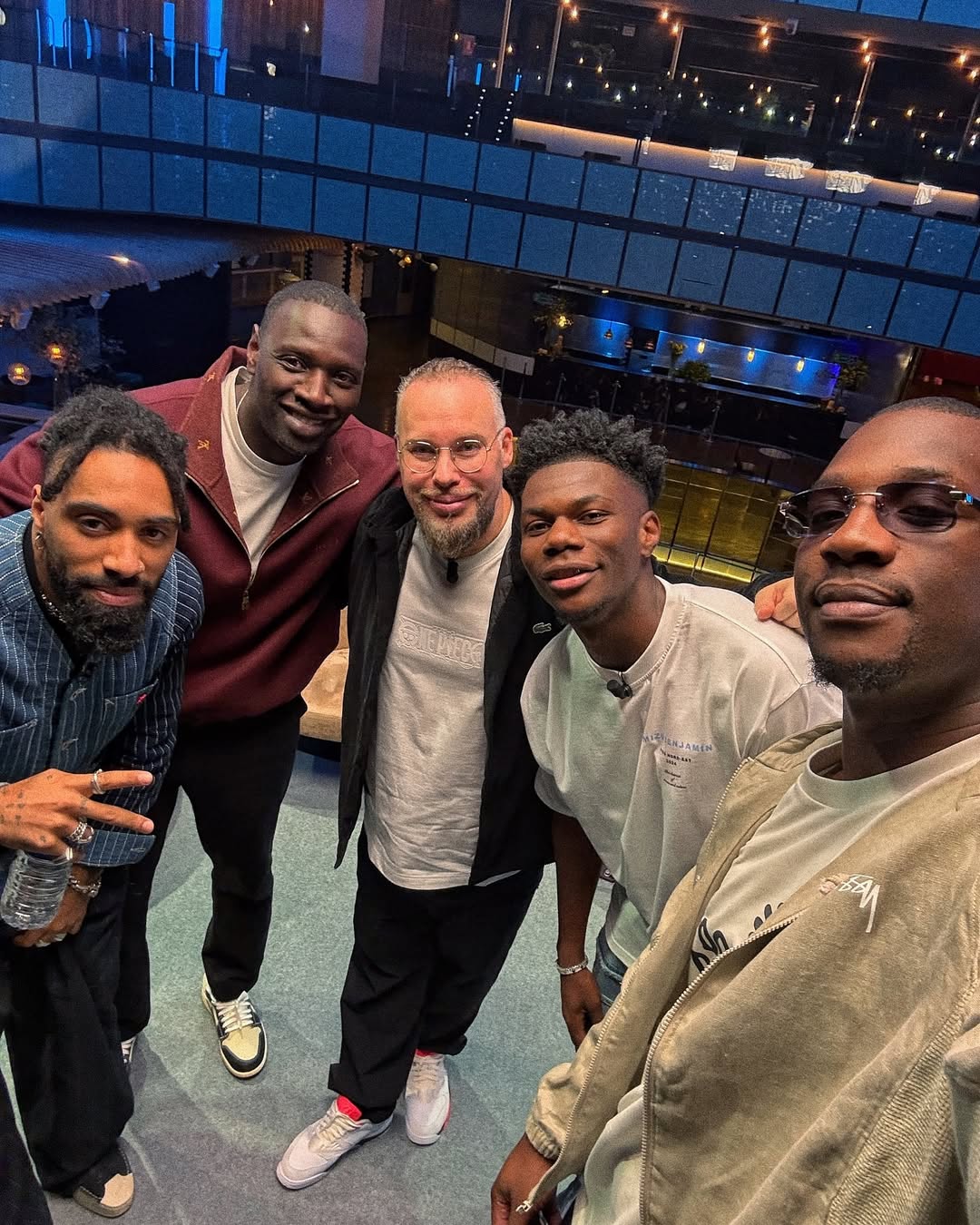
Released on December 23, the fifth edition of Aurélien Tchouaméni’s podcast, The Bridge, explored a subject that goes beyond the field: the perceptions of football players. Alongside superstars like comedian Fary and actor Omar Sy, the Real Madrid defensive midfielder talked on the need to balance his private and public lives, particularly because of social expectations.
“Aurélien Tchouaméni is who I am at home. But when I get onto the field, it feels a lot like walking on stage. He disclosed, “It’s a different character.” He became even more conscious of this after speaking with Omar Sy, whom he had sought advice from regarding how to manage this “switch” between his personal and professional lives.
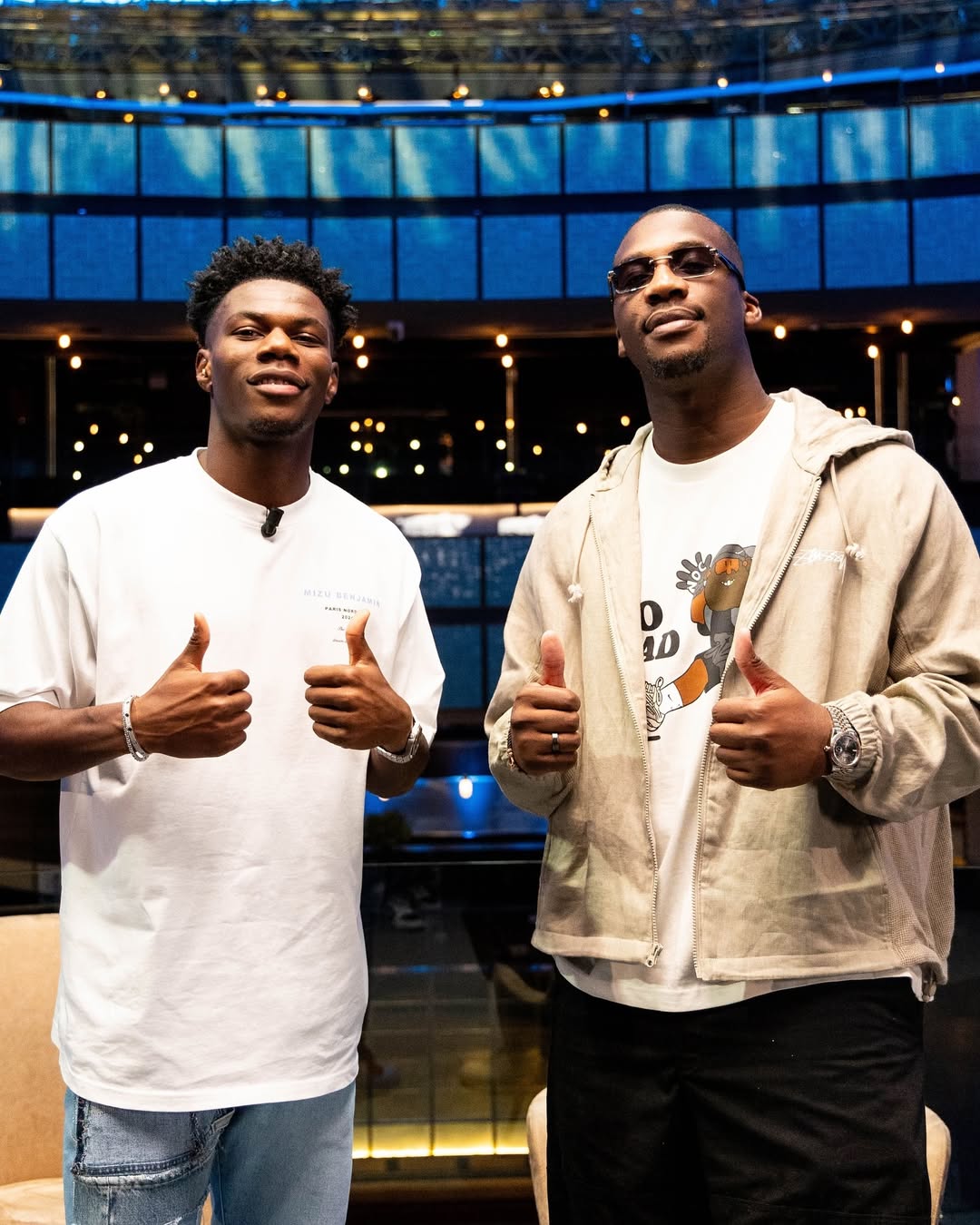
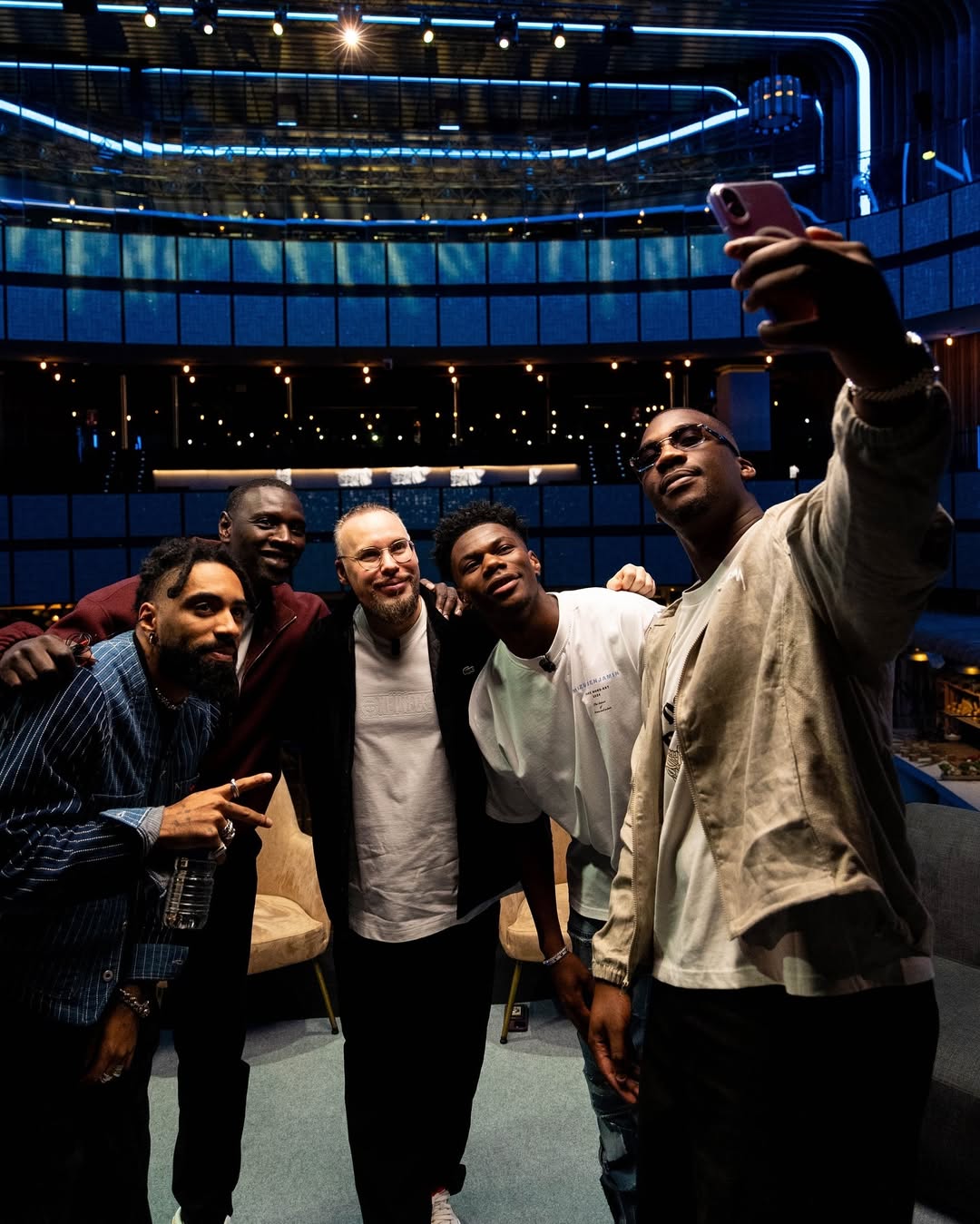
According to Tchouaméni, the real difficulty lies in managing every aspect of football; it goes beyond the competition. ” Because it’s not what you do that’s the hardest in many disciplines, including football. “The most difficult thing is concentrating on the main thing (the essential point, Editor’s note) and everything surrounding it,” he explained.
This picture makes reference to the complex relationships with the media, which restrict gamers in some ways. Sometimes you use wooden language when talking to journalists because there are some things you can’t say. “It’s a fact, that’s how it is,” he continued, implying that there was some sort of organized pressure.
